December 4, 2024
The Ebiil Society: Champions of Palau
Ann Singeo, founder of our partner organization the Ebiil Society, shares her vision for a thriving Palau and a flourishing world of indigenous science!
We use cookies to help you navigate efficiently and perform certain functions. You will find detailed information about all cookies under each consent category below.
The cookies that are categorized as "Necessary" are stored on your browser as they are essential for enabling the basic functionalities of the site. ...
Necessary cookies are required to enable the basic features of this site, such as providing secure log-in or adjusting your consent preferences. These cookies do not store any personally identifiable data.
Functional cookies help perform certain functionalities like sharing the content of the website on social media platforms, collecting feedback, and other third-party features.
Analytical cookies are used to understand how visitors interact with the website. These cookies help provide information on metrics such as the number of visitors, bounce rate, traffic source, etc.
Performance cookies are used to understand and analyze the key performance indexes of the website which helps in delivering a better user experience for the visitors.
Advertisement cookies are used to provide visitors with customized advertisements based on the pages you visited previously and to analyze the effectiveness of the ad campaigns.
Our new online shop is live!
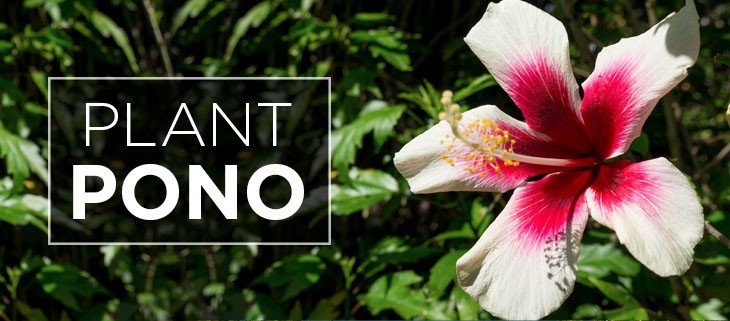
Plant Pono is an environmental agency working with local farmers to regulate the distribution of Hawaiian plants. The Big Island Invasive Species Committee (BIISC) oversees the Plant Pono program on the Big Island. BIISC and Plant Pono endorse companies that promote sustainable landscaping to prevent the spread of invasive species. Many believe that the distribution of invasive species such as Coqui Frogs and Fire Ants is accelerated by invasive plants.
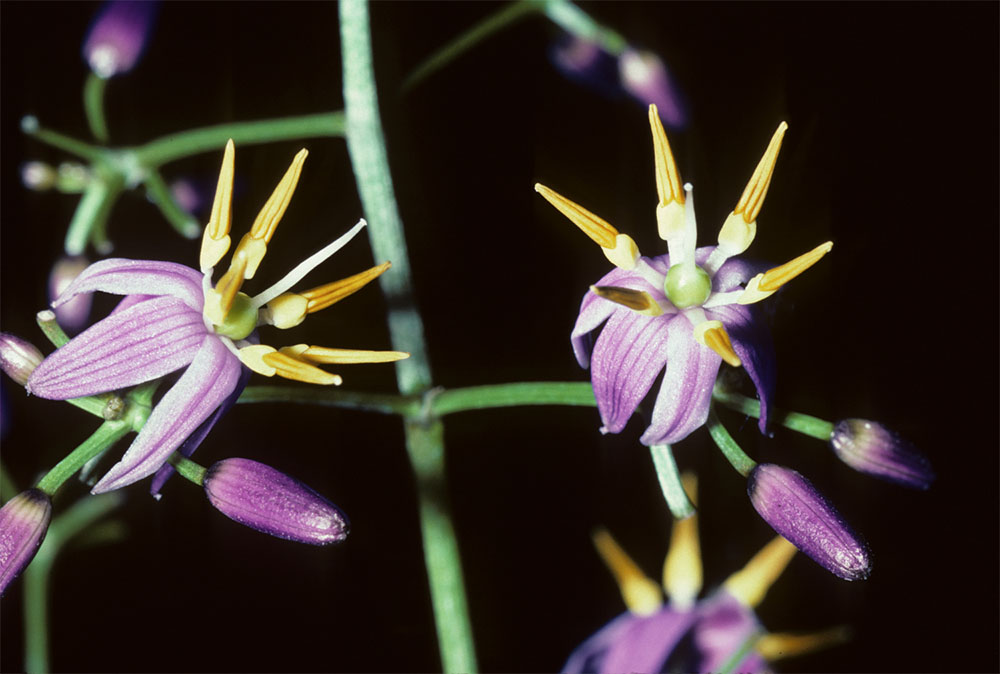
Waimea grower Kari Hagerman of Pomaikai Plant Company has developed a two-step process to address this issue:
First, they (plants) are quarantined and tested for ants and frogs in Hilo before they are put on the truck. Then after they are delivered to the nursery in Waimea, they are quarantined and tested again.
The Pomaikai Plant Company refuses to market any of their produce until it has been officially declared pest-free.
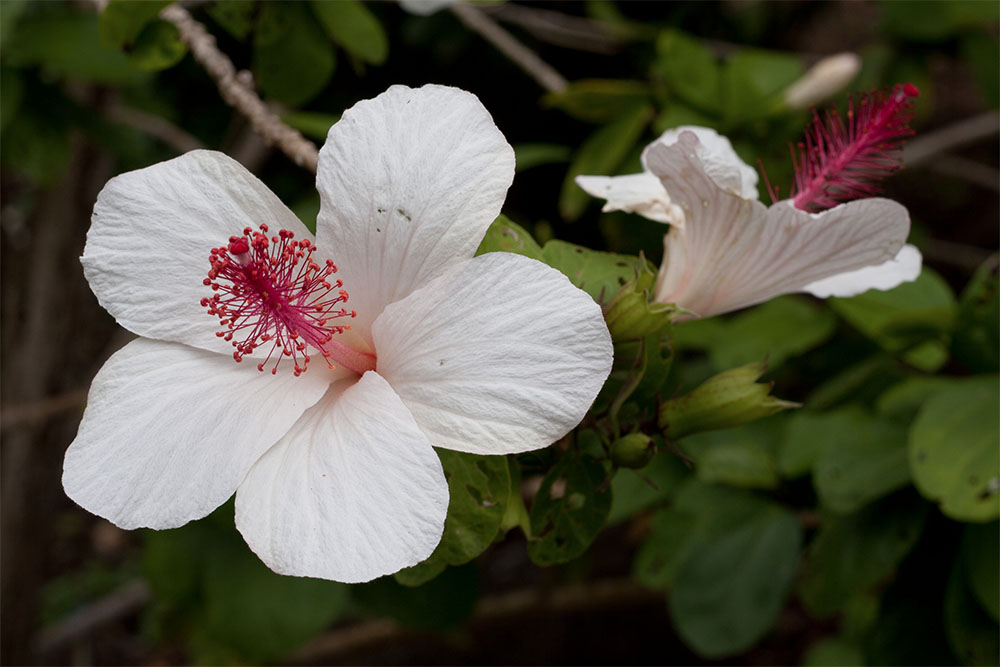
Other Plant Pono farmers prevent the spread of invasive species on an individual scale. Farmers market vendor Michael Gibson of Elemental Foods always carries peanut butter with him to use as bait for invasive Fire Ants on his plants. All Plant Pono farmers are deeply committed to the Plant Pono initiative and prove that any contribution, no matter how small, is important in preventing the spread of invasive species.
Brad Belmarez of Aikane Nursery acknowledges the destructive capacity of invasive species and the ecological benefits of native Hawaiian plants. Belmarez encourages the use of native plants in local Hawaiian landscape and works with his customers to identify suitable plants for specific environments. Belmarez comments:
Most people don’t know much about native plants, or how well adapted they are to our local conditions.
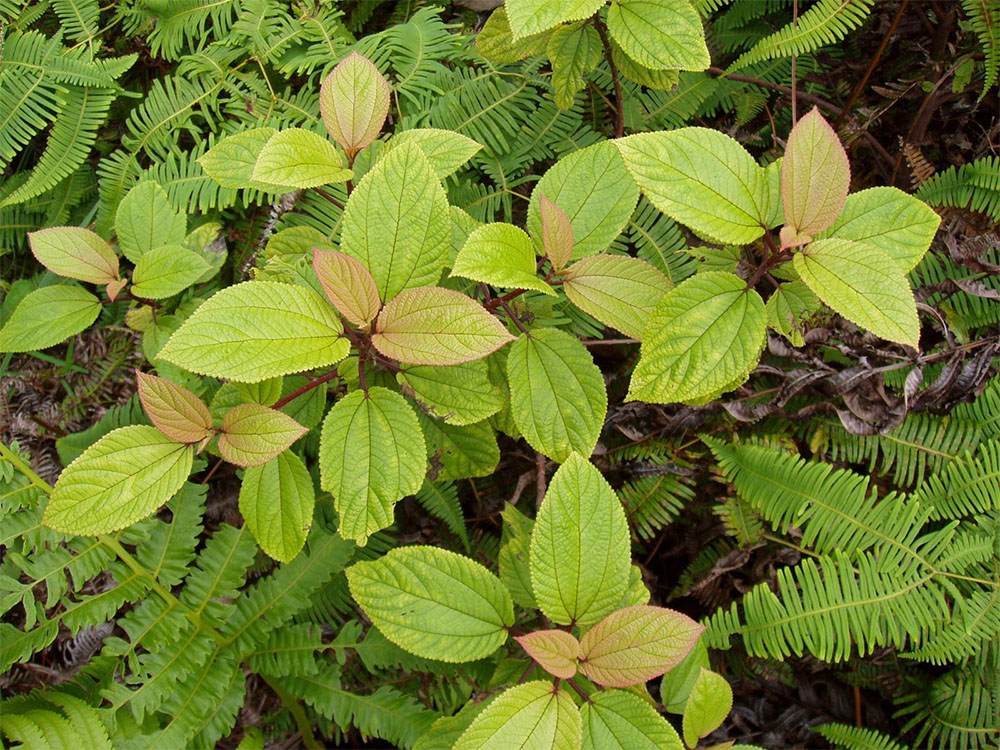
Belmarez and other Plant Pono farmers recognize the adaptive advantages native plants have over other species. Selecting a Hawaiian plant positively contributes to the overall health of the natural environment by ensuring that limited natural resources are utilized by native plants and not exploited by invasive species. Some farmers like Michael Gibson recognize the integral role native plants play in establishing a relationship between people and the land. By supporting Hawaiians in reconnecting with the land, Plant Pono is creating a more sustainable future for Hawaii.
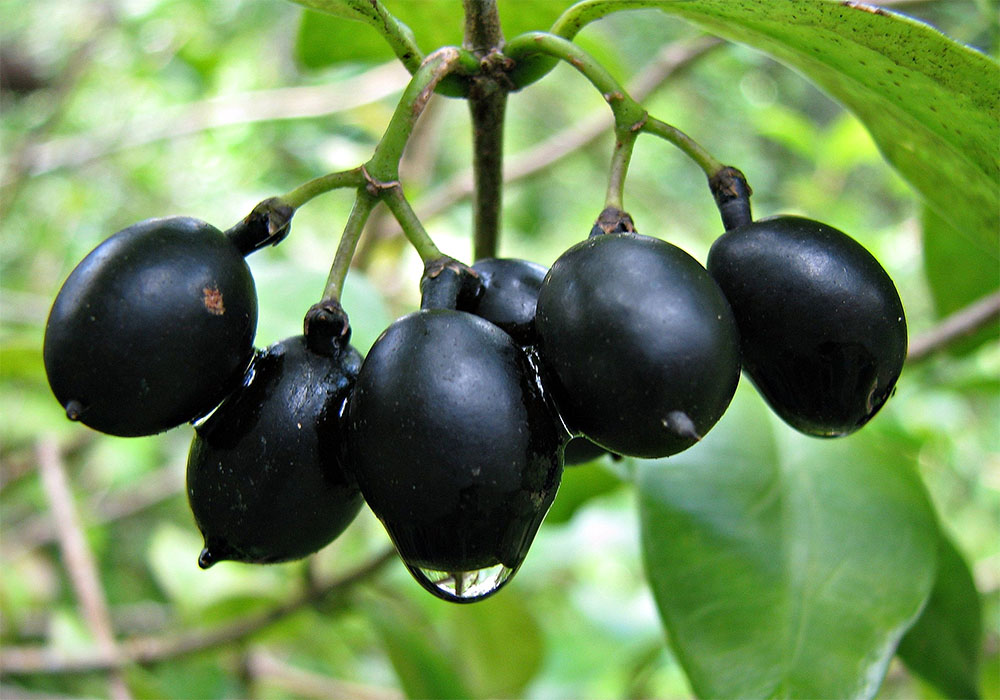
Plant Pono has also created public platforms so that Hawaiians can individually contribute to invasive species prevention. BIISC and Plant Pono have compiled a list of over 775 invasive plants to avoid planting, including New Zealand flax, Mexican Flame Vine, Night Blooming Jasmine, and the Australian Tree Fern. Plant Pono has also developed the Hawaii Pacific Weed Risk Assessment, a screening process that calculates the potential risk of introduced and invasive species. If a plant scores a 6 or higher it is considered a threatening species.
Programs such as Plant Pono show that working taking action within small communities to mitigate invasive species impacts can truly make a meaningful difference.
Featured photo: Koki’o ke’oke’o–Hibiscus flower. Credit: Kenton Sanchez
Source: West Hawaii Today
Check out other journal entries we think you might be interested in.
Notifications